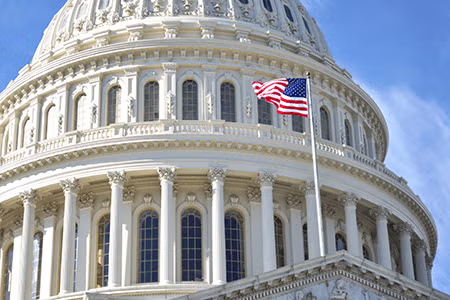With a presence on six continents and nearly $4 trillion in global chemicals trade, the chemicals industry has spent decades investing in globally integrated supply chains that reduce manufacturing costs and create jobs.
The immense benefits of globally integrated supply chains can only be realized when trading costs are low – and that means few, if any, tariffs. Otherwise, by raising costs, tariffs and other trade barriers can dismantle decades of supply chain integration, hurt U.S. manufacturing competitiveness, and reduce demand for U.S. products overseas.
To help enhance supply chain resilience, ACC is urging the Biden Administration to:
- Refocus U.S. efforts toward making supply chains more resilient, including through greater cooperation with allies;
- Prioritize intermediate inputs neither made in the United States nor made in sufficient quantity/quality, and with necessary access to customer markets;
- Collaboratively identify and assess exogenous shocks to supply chains of concern to the chemical industry and potential impacts on downstream industries;
- Identify opportunities in key customer industries that support increased market base for U.S. producers;
- Identify and establish appropriate incentives for U.S. chemical manufacturers to continue to invest in manufacturing in the United States.


